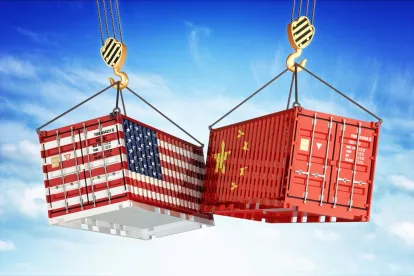On January 13, 2021, U.S. Customs and Border Protection (CBP) issued a Withhold Release Order (WRO) on cotton and tomato products produced by entities operating in Xinjiang, China. The order is based on information that indicates the use of forced labor in the production of the goods. If you are sourcing these products from the Xinjiang region, you may want to consider proactive compliance steps to mitigate your risk and prevent disruption in your supply chain.
Background on Withhold Release Orders
CBP is authorized to withhold release of goods when information “reasonably but not conclusively” indicates that the merchandise was produced using forced labor.[1] Forced labor is defined as “all work or service which is exacted from any person under the menace of any penalty for its nonperformance and for which the worker does not offer himself voluntarily” as well as forced child labor or indentured child labor.[2]
The WRO prevents the goods from entering the United States. Importers are left with just two options: either export the shipments back out of the United States, or submit information showing that the goods were not made with forced labor. If an importer pursues the latter option, it must do so within 3 months of importation and submit a certificate of origin as well as a detailed statement demonstrating that the subject merchandise was not produced with forced labor, e.g., a supply chain audit report. As you can imagine, this is a relatively burdensome compliance obligation depending on the value of goods.
Details of the Region-Wide Order
The January 13 WRO directs CBP to detain cotton products and tomato products produced by companies operating in Xinjiang. The products include cotton apparel, textiles, and other goods made with cotton; tomato seeds, canned tomatoes, tomato sauce, and other goods made with tomatoes.[3]
This order comes on the heels of a recent WRO imposed on December 2, 2020, which was directed at cotton products made by Xinjian Production and Construction Corp. (XPCC). The current WRO, however, is much broader in scope as it includes all companies in the Xinjiang region that produce cotton and tomato products. Region-wide bans, although not unprecedented,[4] are rarely imposed by CBP. Rather, CBP tends to issue narrower WROs directed at certain companies.
Supply Chain Due Diligence
As with all WROs, we encourage importers to conduct a thorough review of their supply chains to ensure that goods are not produced or manufactured—either wholly or in part—with forced labor, including the production and harvesting of the raw material. If you source products from the Xinjiang region, you may wish to consider steps to ensure that the products you import do not incorporate product subject to WROs.
FOOTNOTES
[1] 19 C.F.R. § 12.42(e).
[2] 19 C.F.R. § 12.42(a).
[3] See U.S. Customs and Border Protection, CBP Issues Region-Wide Withhold Release Order on Products Made by Slave Labor in Xinjiang (Jan. 13, 2021), available at here.
[4] See WRO on all Turkmenistan cotton products produced in whole or in part with Turkmenistan cotton (May 18, 2018), available at here.



 />i
/>i
